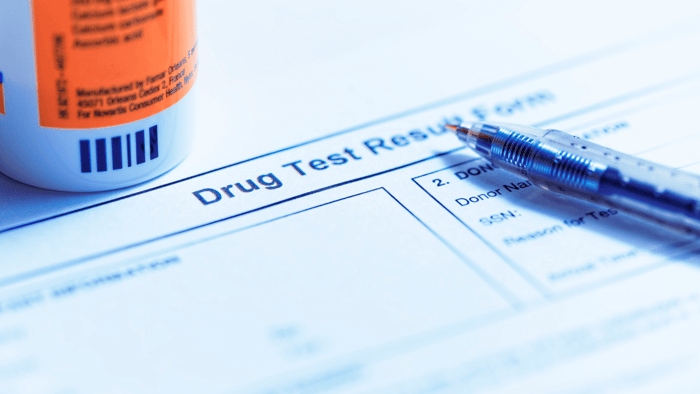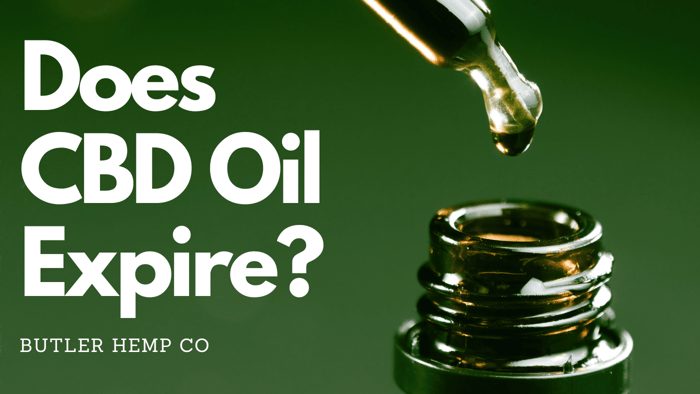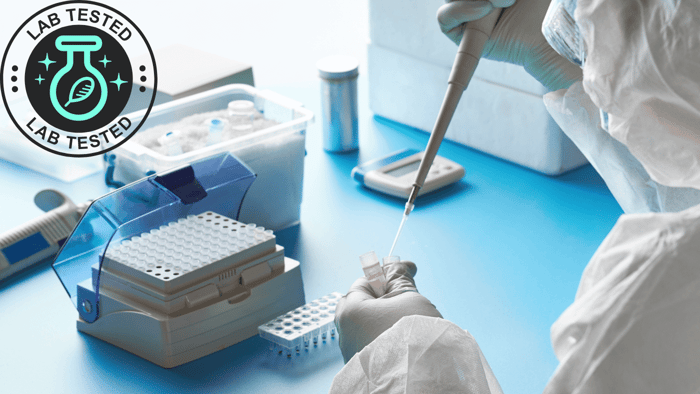Introduction:
The popularity of CBD has surged in recent years, thanks to its potential health benefits and non-psychoactive nature. However, a lingering question among individuals considering CBD use is will CBD make you fail a drug test? In this comprehensive guide, we will explore the factors influencing drug test results, the distinction between CBD and THC, and how to make informed decisions when incorporating CBD into your wellness routine.
Understanding CBD and THC
CBD vs. THC: The Basics
CBD (cannabidiol) and THC (tetrahydrocannabinol) are two prominent cannabinoids found in the cannabis plant. While both offer potential health benefits, they differ significantly in their effects. THC is psychoactive and responsible for the "high" associated with marijuana, whereas CBD is non-psychoactive.
The Source Matters
The source of CBD is crucial in determining its THC content. CBD derived from hemp contains minimal THC (0.3% or less), adhering to legal limits. On the other hand, CBD derived from marijuana may have higher THC concentrations.
Drug Testing Methods
Common Drug Testing Methods
Explore the most common drug testing methods, including urine tests, blood tests, hair tests, and saliva tests. Understand how each method detects substances in the body and the detection windows for THC and its metabolites.
Sensitivity of Tests
Drug tests vary in sensitivity, and some may be more likely to detect trace amounts of THC. Factors such as the type of test, frequency of CBD use, and individual metabolism can influence the likelihood of a positive result.
CBD Products and THC Content
Full Spectrum, Broad Spectrum, and Isolate
Dive into the distinctions between full-spectrum, broad-spectrum, and isolate CBD products. Full-spectrum products contain a range of cannabinoids, including trace amounts of THC, while broad-spectrum and isolate products are THC-free.
Reading Product Labels
Learn how to interpret CBD product labels to identify THC content. Reputable manufacturers provide third-party lab reports that detail the cannabinoid profile, ensuring transparency and helping consumers make informed choices.
Legal Considerations
Legal THC Limits
Understand the legal limits for THC in CBD products, especially in regions where cannabis regulations may vary. Compliance with these limits is essential to avoid legal implications and ensure product safety.
Changing Regulations
Stay informed about evolving cannabis regulations, as legal frameworks may change. Being aware of current laws and updates can guide responsible CBD use.
Mitigating Risks
THC Detoxification Strategies
Explore natural methods to expedite THC detoxification, such as staying hydrated, engaging in regular exercise, and adopting a healthy diet. While these strategies may help, individual responses vary.
Opting for THC-Free Products
Consider using CBD isolate or broad-spectrum CBD products, which are THC-free and may be a suitable choice for individuals concerned about drug test outcomes.
Conclusion:
Will CBD make you fail a drug test?
In conclusion, the likelihood of failing a drug test due to CBD use depends on various factors, including the type of CBD product, its source, and individual differences. Understanding these factors empowers consumers to make informed decisions and mitigate potential risks. As the CBD industry continues to evolve, staying educated and advocating for clear regulations will contribute to a safer and more transparent landscape.
Final Thoughts:
CBD offers a world of potential benefits without the psychoactive effects of THC. By navigating the complexities of CBD and drug testing, individuals can embrace the wellness benefits of CBD with confidence, armed with knowledge and a commitment to responsible use.




